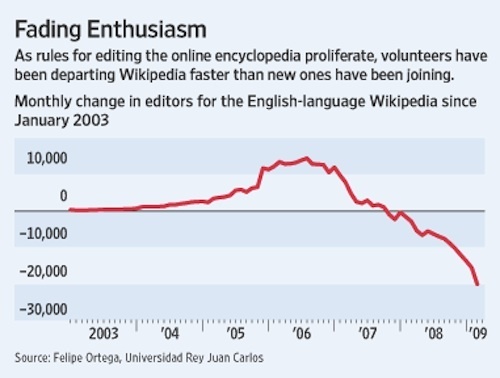I was listening today to an NPR podcast with George Lucas (download). He has a new book out where he discusses the 300 most influential and impressive blockbuster movies to him. For each film, he does some significant research into the casting, the shooting schedule, the budget, and the result. He adjusts for inflation so you can see the true impact older films had. Some interesting tidbits:
- The average ticket price in 1910 was $6 and the average ticket price today is $6. I find that amazing.
- The music licensing for Lucas’ first film American Graffiti cost him 70k because he was instructed to keep his costs under 10% of his 700k budget. He licensed 2 albums worth of rock. People told him that he was insane to do that. Every other film prior to that had be scored. Nobody had thrown music on top of film. First, it’s amazing that this is the film that changed that. Second, a year later the studio was trying to license all the music for an album to be released and it cost them $1 million. In one year, the industry changed that much. Wow
- Jurrasic Park was the one movie that really changed the digital landscape. Prior to that everything looked like an effect. After JP he knew you could make anything
- Star Wars was revolutionary to Lucas in that you could make a 2 foot green person seem lifelike. That was the first time there had been an imaginary life-like character in film. Really changed the game. 2001 was the biggest movie at the time and was seen as the best, most creative sci-fi film ever. However, Lucas saw it as a set of still shots and wanted to introduce energy into special effects shot. He wanted to be able to pan the camera through space and not just have one shot.
- 3D is new and Lucas looked at using it for Episode I but the techology wasn’t there.
- He and Spielberg used to trade equity points in their films. Lucas always thought Spielberg’s films were better than his and Spielberg thought the opposite so each trades a few points of equity in each of their films before they were released. For example, Close Encounters of the 3rd Kind came out when Star Wars came out and Lucas preferred Close Encounters and Spielberg thought Star Wars would crush it. Guess Steven knew better









 aduchel recently did a post that inspired me to speak up as I’ve been carrying around both an iPhone and a Droid for the past few weeks (since Droid’s launch) and comparing the two. I’ve set the Droid as my main phone so i’m forced to use it more and get used to it. My main findings are:
aduchel recently did a post that inspired me to speak up as I’ve been carrying around both an iPhone and a Droid for the past few weeks (since Droid’s launch) and comparing the two. I’ve set the Droid as my main phone so i’m forced to use it more and get used to it. My main findings are: The world is changing. It is getting smaller, faster, smarter and more accessible. What’s crazy is that some people are bitching that all this technology and change is a bad thing. “Nobody reads anymore” i heard someone say the other day. I do believe that habits are changing due to technology. Mobile phones make it easier to tune out conversations and to not memorize phone numbers. The internet rewards and feeds a short attention span. The question i ask myself is “is this a bad thing?” Chuck Klosterman in
The world is changing. It is getting smaller, faster, smarter and more accessible. What’s crazy is that some people are bitching that all this technology and change is a bad thing. “Nobody reads anymore” i heard someone say the other day. I do believe that habits are changing due to technology. Mobile phones make it easier to tune out conversations and to not memorize phone numbers. The internet rewards and feeds a short attention span. The question i ask myself is “is this a bad thing?” Chuck Klosterman in  Fred
Fred